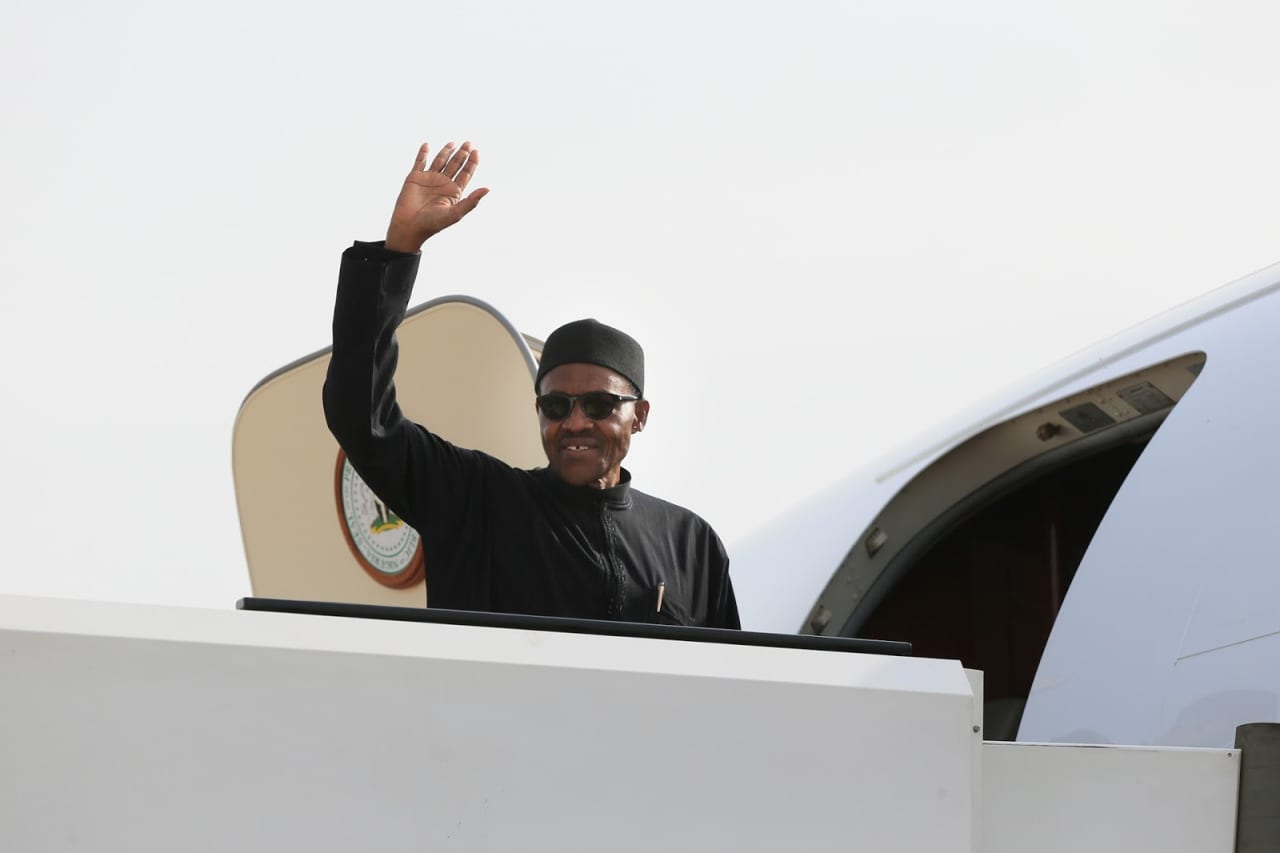Nigeria’s economy is blinking and shaking
Nigeria is Africa's largest democracy and largest economy. It also dominates this issue of #WeekendSpecials.

This week we’re all about Naija. (BTW, the title will make sense by the end of this post.)
(1) Nigeria, like many African countries, relies on the export of a single commodity, oil, to earn foreign exchange. Lately, the gods of oil haven’t been kind to Nigeria (nor to Angola). The price of oil has fallen by about 60% over the last two years throwing the country’s budgeting process into disarray. The government has an expenditure gap of about $11billion that needs filling. The scarcity of foreign exchange (primarily U.S. dollars) means it’s becoming increasingly costly to import foreign goods into Nigeria – including refined petroleum (like you, we too wonder why Nigeria has to re-import the oil that it exports).
(2) It’s also increasingly becoming difficult for the Central Bank of Nigeria (CBN) to continue propping up the value of the Naira, the country’s currency. The IMF wants the CBN to devalue it (i.e. let its value fall versus the U.S. dollar and thereby preserve precious foreign currency). President Buhari’s response has simply been to say “NO!” He worries that a devaluation might lead to an increase in the local price of imported goods with devastating consequences for the poor (and his approval rating). The Naira is trading at more than half its official value in the parallel market.
(3) Nigeria should have put money away when oil prices were high. But it didn’t. And former Minister of Finance Dr. Ngozi Okonjo-Iweala, whose job was to do the saving, now blames former president Goodluck Jonathan. Jonathan probably thought the price of oil would forever remain high. Okonjo-Iweala should have known better than to trust the optimism of a guy named Goodluck.
(4) Anyways, given that help from the IMF is likely to come with conditions (devaluation of the Naira, for example), President Buhari last week travelled to China to seek alternative help. He’s now back in Nigeria and his press secretary claims the visit yielded $6billion worth of investment pledges from China.
(5) The $6billion China is offering won’t require any paperwork. We didn’t make that up. That’s exactly what Nigeria’s Foreign Minister Geoffrey Onyeama told Reuters: “It is a credit that is on the table as soon as we identify the projects. It won’t need an agreement to be signed. It is just to identify the projects and we access it.” If only banks were this lenient with everybody.
(6) One of the more exotic outcomes of the trip was an agreement for a currency swap transaction between Nigeria and China. With the swap, Nigeria will exchange Nairas for the Yuan, China’s currency. The Yuan will now constitute part of Nigeria’s foreign exchange reserves and will “flow freely across banks.”
(7) The swap does make economic sense because Nigeria has a great deal of trade with China. Previously, a Nigerian importing from China would have to buy U.S. dollars and then send these over to China. But with the currency swap, the Nigerian importer can pay their Chinese supplier directly in Yuan putting less pressure on the demand for the already scarce U.S. dollars. This whole swap thing is also beyond our heads, but this piece by Nigerian economist Feyi Fawehinmi was one of the best explainers we read on the internet. Nonso Obikili’s piece is also worth reading.
(8) Still sticking with Nigeria was this story in The Africa Report about the success of former Lagos State governors Bola Tinubu and Babatunde Fashola in raising tax collections from $4million in 1999 to $100million in later years. That’s a 2,000% increase! Tinubu and Fashola then used this money to upgrade Lagos State’s infrastructure. So how did Tinubu and Fashola pull it off? Well, by using a company with links to Tinubu to collect taxes on a commission basis. Don’t laugh. It got the job done, right?
(9) The point is African governments need to find innovative and contextually relevant ways of collecting taxes to build effective states – states that provide decent healthcare, education, security, infrastructure, et cetera. African governments collect about 15% of GDP in taxes (compared with about 40% in high-income countries). We are in no way suggesting that the “Tinubu formula” is the way to go about it. But there is something to be said about it being a response to a local reality. A reality in which tax evasion and corruption are pretty widespread.
(10) Finally, our resident economist wishes he was half as eloquent as Nigerian lawmaker Muhammed Kazaure Gudaji in explaining that country’s economic woes (see the video below):



















